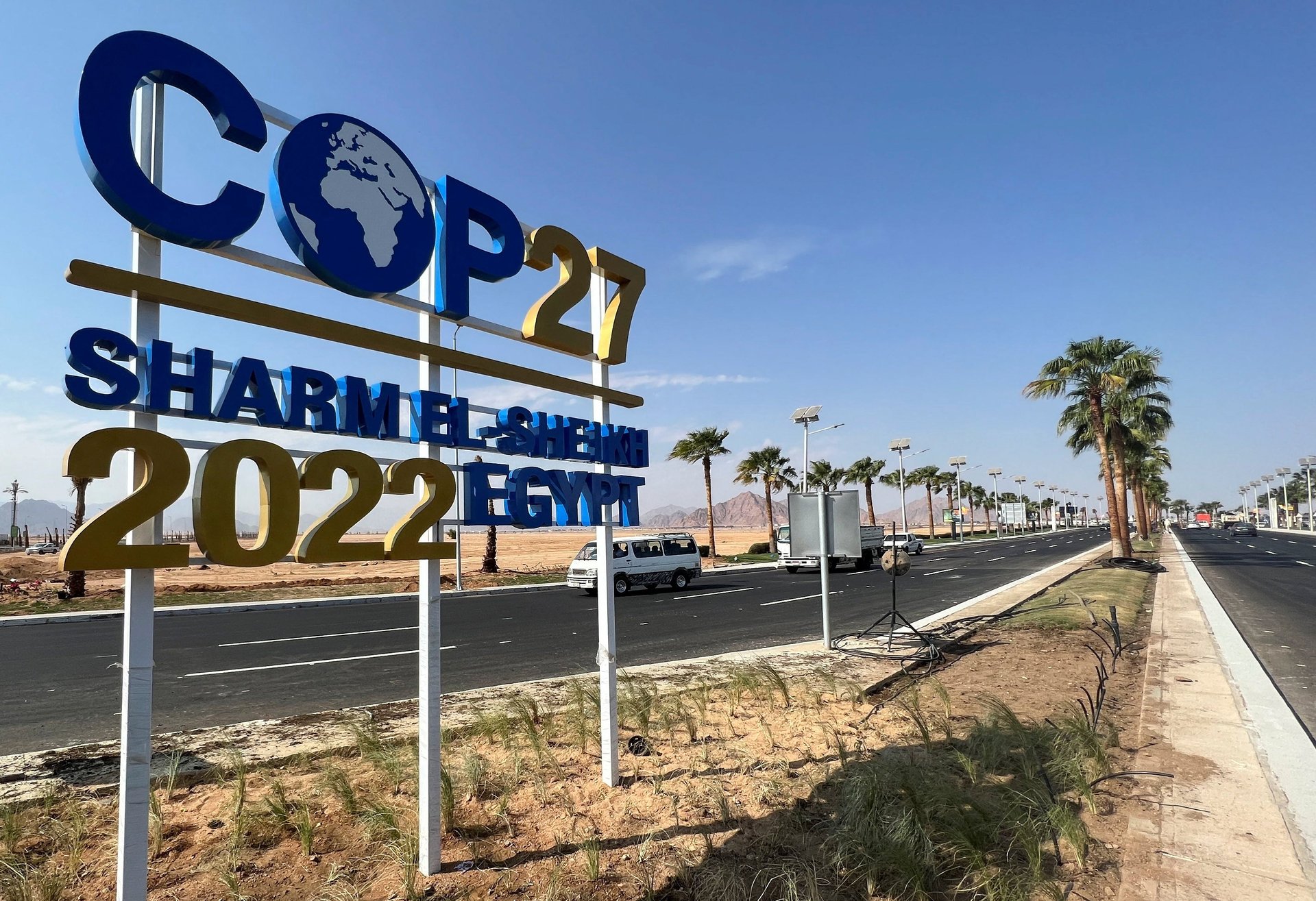The DRC had the biggest African delegation at COP. Not all of them wanted to cut emissions.
Despite possessing Africa's largest basin for natural carbon capture, the DRC is licensing oil exploration companies to destroy it

The Democratic Republic of Congo (DRC) sent the largest contingent of African delegates to “the African COP” in Egypt, according to UN data. But not everyone in the delegation was interested in helping the world to cut carbon emissions.
A number of its 450-plus officials from the government came from the mining and hydrocarbon ministries, which are responsible for the exploration, production, refining, distribution, and marketing of petroleum and its products.
Didier Budimbu Ntubuanga, the hydrocarbons minister, and his mining counterpart, Antoinette N’Samba Kalambayi, led company directors, oil and gas experts, petroleum engineers, and crusaders for fossil fuels to Sharm el-Sheikh, joining over 600 non-renewable energy delegates from other countries. This year’s COP also saw the highest number of pro-fossil fuel agitators in COP history—over a hundred more than in COP26 in Glasgow.
The DRC wants to plumb the Congo Basin for oil
A pre-COP27 conference in the DRC in September, which attracted climate representatives from 40 countries, is likely to have raised climate awareness, leading to the DRC’s huge delegation to the Sharm el-Sheikh summit. But the government is, at the same time, auctioning the licensing rights for dozens of oil and gas projects in the Congo Basin.
The basin is thought to hold 5 billion barrels of oil, but exploiting them will threaten the livelihoods of millions of people, according to Greenpeace Africa. Pulling the oil out will destroy a rainforest that absorbs much more carbon than it emits, and one that has the planet’s largest tropical peatlands, which store an equivalent of three years’ worth of global emissions from fossil fuels.
Deforestation in the Congo Basin, where trees soak up some 1.2 billion tons of carbon, increased by 5% in 2021. If that trend continues, there could be no primary rainforest left in the DRC by 2100.
Which countries sent the biggest delegations to COP27?
Mauritius, the island nation with one of the highest GDP-per-capita metrics in Africa, sent the fewest delegates to the conference: seven. This is despite Kavydass Ramano, Mauritius’s environment and climate minister, warning last year that climate action is “a matter of life and death.”
Mauritius is amongst the most vulnerable countries to climate change, due to its geographical location in an active tropical cyclone basin. According to Ramano, Mauritius could lose half of its beaches to rising sea levels in the next five decades.
Out of the 33,449 participants who registered for the event, the DRC had the third-largest delegation in the world, after the United Arab Emirates (1,073) and Brazil (574). The UAE had the second-largest delegation in COP history, after Morocco’s 1,591-strong group at COP22, hosted in Marrakesh in 2016.